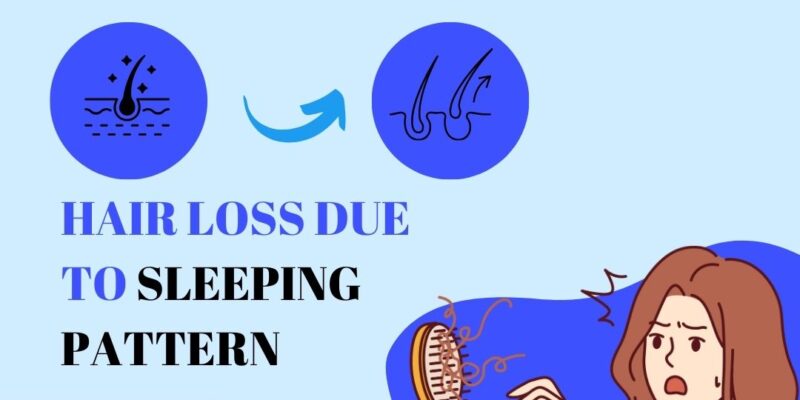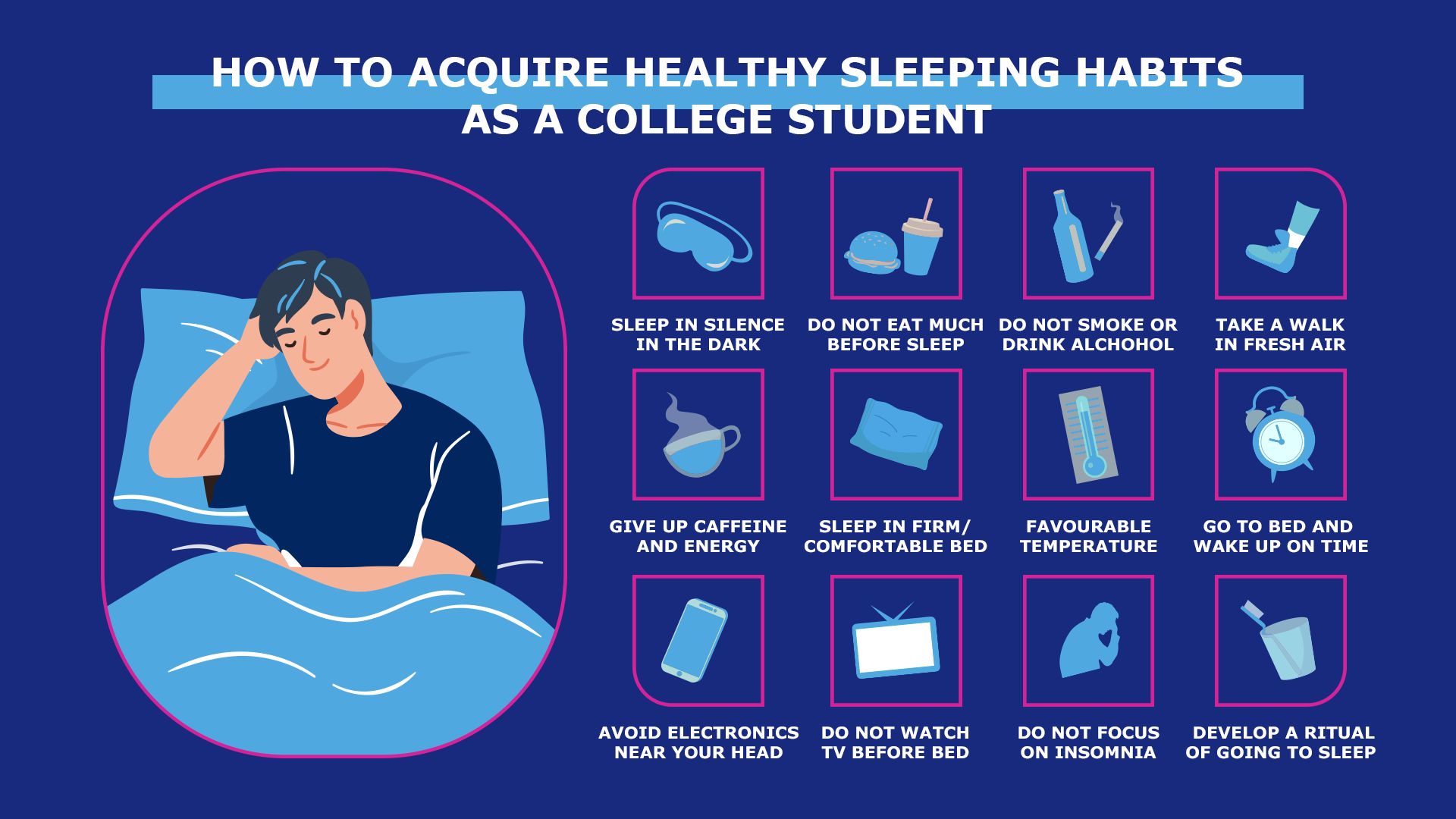
Does sleeping pattern affects hair growth
Hey there, night owls and late risers! We’ve all been guilty of staying up way past our bedtime binge-watching our favorite shows or scrolling through social media, only to wake up groggy and disheveled the next morning. While it’s no secret that sleep plays a vital role in our overall health, have you ever wondered if your sleeping pattern could affect something as specific as hair growth? Well, you’re in for a surprise because it just might. Let’s dive into the intriguing connection between sleeping late and waking up late and its potential impact on your precious locks.
The Basics of Hair Growth
Before we unravel the relationship between sleep and hair growth, let’s get a quick refresher on how our hair actually grows. Our hair undergoes a natural growth cycle consisting of three phases: anagen (growth phase), catagen (transitional phase), and telogen (resting phase). The majority of your hair is in the anagen phase at any given time, and this is when your hair actively grows.
Now, where does sleep fit into this hair growth equation? Surprisingly, it’s quite important.
Sleep Deprivation and Hair Growth
When we talk about sleep patterns, we’re usually referring to how many hours you sleep and when you sleep. Sleep deprivation, which occurs when you don’t get enough sleep, can disrupt the delicate balance of hormones in your body. One hormone that plays a crucial role in hair growth is cortisol, often referred to as the stress hormone.
Lack of sleep can lead to an increase in cortisol levels, and chronically elevated cortisol levels can wreak havoc on your hair follicles. It can cause hair thinning and even lead to hair loss in severe cases. So, if you consistently sleep late and wake up late, your sleep deprivation may be affecting your hair growth more than you think.
The Importance of a Consistent Sleep Schedule
Now, let’s talk about the importance of maintaining a consistent sleep schedule. Our bodies thrive on routines, and your hair is no exception. When you keep erratic sleep hours, your body can become stressed and confused, leading to potential hair growth problems.
A regular sleep pattern helps regulate hormonal balance and ensures that your hair follicles receive the necessary nutrients and energy for optimal growth. When you sleep late and wake up late, you disrupt this delicate balance, which could result in less-than-stellar hair growth.
The Role of Melatonin
Another key player in the sleep-hair growth relationship is melatonin, the hormone responsible for regulating our sleep-wake cycle. Melatonin is also known for its antioxidant properties, which protect our hair follicles from damage caused by free radicals.
Guess what? Melatonin production is closely tied to your sleep patterns. It’s typically released in response to darkness, which signals to your body that it’s time to wind down and prepare for sleep. When you sleep late and expose yourself to artificial light for extended periods, your body may produce less melatonin, potentially affecting your hair health.
Practical Tips for Better Hair Growth
Now that we’ve discussed the potential impact of sleeping late and waking up late on hair growth, let’s explore some practical tips to help you maintain a healthy mane, even if you’re a night owl.

Establish a Sleep Routine: Try to go to bed and wake up at the same time every day, even on weekends. Consistency is key when it comes to promoting healthy hair growth.
Create a Relaxing Bedtime Ritual: Wind down before bedtime with calming activities like reading, gentle stretching, or meditation. This can help your body produce melatonin and prepare for a restful night’s sleep.
Limit Screen Time: Reduce your exposure to screens, especially blue light-emitting devices like smartphones and laptops, at least an hour before bedtime. Blue light can interfere with melatonin production.
Invest in a Good Pillow: A comfortable pillow and a silk pillowcase can minimize friction on your hair while you sleep, reducing the risk of hair breakage.
Stay Hydrated and Eat a Balanced Diet: Proper hydration and a diet rich in essential nutrients, such as vitamins and proteins, are crucial for healthy hair growth.
Manage Stress: Find healthy ways to manage stress, such as through exercise, meditation, or therapy. Lowering stress levels can help keep cortisol in check and promote hair growth.
In conclusion, while it might seem harmless to sleep late and wake up late, your hair growth could be silently suffering as a result. Sleep deprivation, disrupted sleep patterns, and reduced melatonin production can all contribute to hair thinning and loss. To maintain a luscious mane, it’s essential to prioritize a consistent sleep schedule and practice good sleep hygiene.
If you are concerned about sleep pattern causing hair loss, it is best to talk to your doctor.
So, if you’ve been burning the midnight oil a bit too often, consider making some changes to your sleeping habits. Your hair will thank you for it, and who knows, you might just wake up with the glorious locks you’ve always dreamed of. Sweet dreams and happy hair growing!
What's your reaction?
Excited
3
Happy
3
In Love
2
Not Sure
2
Silly
2









